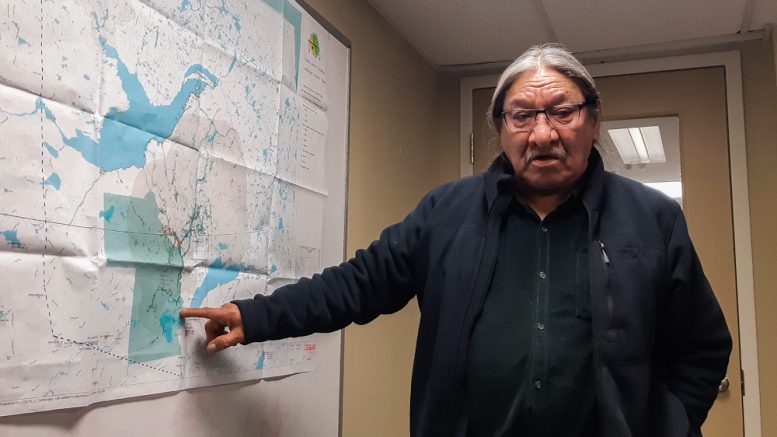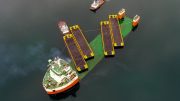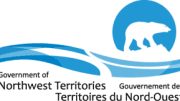Smith’s Landing First Nation Chief Gerry Cheezie says he is “shocked” by reports the Government of Canada and Alberta have suspended certain oilsands monitoring projects.
Joslyn Oosenbrug, department of Environment and Resources (ENR) spokesperson, says the Government of the Northwest Territories (GNWT) was recently made aware of the contemplated suspension of water quality monitoring on the Athabasca mainstem as part of the Oil Sands Monitoring Program workplan.
The Canadian Press says it has acquired a report alleging a cut in funding for a federal-provincial program that oversees environmental monitoring.
The program’s 2020 budget sits at $44 million, compared to $58 million last year and $60 million in 2018, the report says.
This was approved by Alberta Environment and Parks as well as Environment and Climate Change Canada (ECCC).
Transboundary Water Agreement
Under the Transboundary Water Agreement, Alberta is required to monitor water at specific sites — including certain areas along the Athabasca — providing early warnings for the NWT.
Oosenbrug confirmed in an email that Alberta is not monitoring some of the specific sites as required.
Kevin O’Reilly, MLA for Frame Lake, says on Facebook he asked Shane Thompson, ENR minister, when the GNWT will “finally invoke formal dispute resolution”.
When asked whether ENR plans to do this, Oosenbrug says the GNWT is considering all options should the “monitoring obligations under the Agreement continue to not be met.”
In the meantime, she says Thompson has reached out to his Albertan counterpart and the federal ECCC minister to express concerns on the situation. Thompson has also requested membership on committees related to the Oil Sands Monitoring Program.
Oosenbrug says the Government of Alberta is in discussions with the ECCC to resume monitoring water quality on the Athabasca mainstem as early as this month.
She adds, the GNWT monitors water quality on the NWT side of the border and there are no indications of notable changes.
No agreement between feds and Alberta: McLeod
Michael McLeod, NWT MP, says the documents The Canadian Press acquired were actually a report from an oversight committee, not an agreement as widely reported.
“There was no agreement between the federal government and Alberta on anything regarding water,” he explains.
The report reflects less monitoring was conducted in 2020 as a result of COVID-19, when a 12-person committee — including six Indigenous representatives — determined it was dangerous for monitors to enter communities during the pandemic.
However, Cheezie says using the pandemic as an excuse isn’t acceptable — suspended environmental monitoring puts his community, downstream from the oilsands, at risk.
“And saying that it was done because of COVID, I think that’s a real cowardly way of dealing with an issue like this that is so important to us,” he told CKLB on Tuesday.
Cheezie adds he is disappointed his community was not informed about any of the plans.
McLeod agrees.
“I think the government could’ve done a better job of informing people that were affected by this,” he says, “Chief Gerry Cheezie has all the right to say that he should’ve been told, and he should’ve.”
Cheezie says he is used to the Government of Alberta putting his community at risk. But he is surprised by the federal government, which says it prioritizes the environment and reconciliation, would do the same.
“It’s unbelievable,” Cheezie says, “it just destroys our faith in government.”
He says Smith’s Landing First Nation is in the process of drafting a letter for both the Government of Alberta and Canada demanding changes to the environmental handling of the oilsands.
Luke Carroll is a journalist originally from Brockville, Ont. He has previously worked as a reporter and editor in Ottawa, Halifax and New Brunswick. Luke is a graduate of Carleton University's bachelor of journalism program. If you have a story idea, feel free to send him an email at luke.carroll@cklbradio.com









